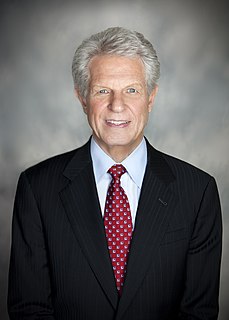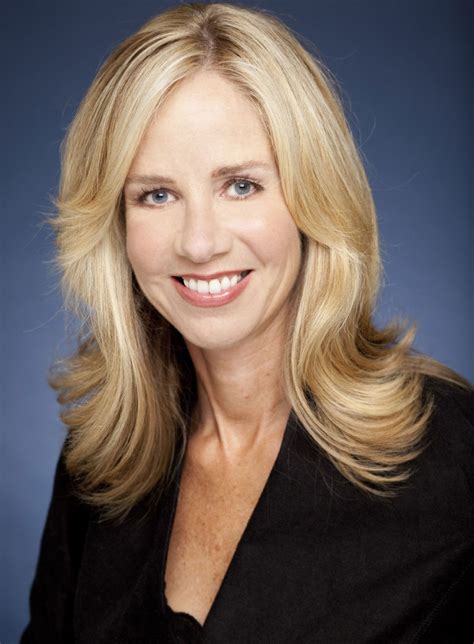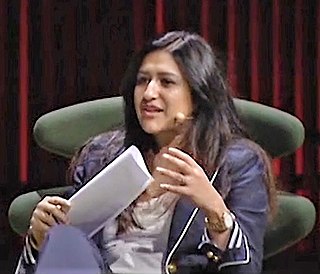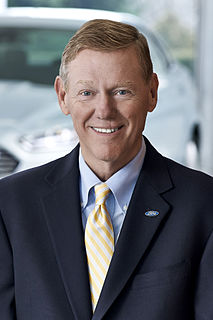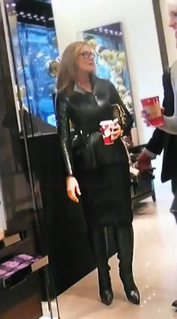A Quote by Al Ries
Advertising is the way great brands get to be great brands.
Quote Topics
Related Quotes
I see "demand creation" as a 20th-century construct that's bound up with advertising. It's an outmoded view of marketing that says, "First, we build a product or service, then we advertise it into people's lives." Embedded this view is the belief that companies control brands. This is a myth. My message all along has been that brands are actually created by customers, not companies. Companies only provide the raw materials - the products, messaging, behaviors - that people use these to create brands.
Most brands that are called luxury brands today are not true luxury brands. The globalization of fashion and luxury means you now find the same luxury brands in every city. The stores look the same, the products are the same. It is still a very good quality product but it is now readily available to everyone. It's a kind of mass luxury.
Between the time I first started working in advertising in 1998 and now, the word brand has replaced identity. We are no longer individuals so much as we are brands. We're individual brands. Individuals are basically left to define their individuality by staying off the internet, which in and of itself can be a brand, the opting-out brand.
